Export Ban on Cooking Gas Set to Tackle Soaring Prices
In a move to bring down the soaring prices of cooking gas and ensure an ample domestic supply, the Federal Government has announced plans to halt the exportation of Liquefied Petroleum Gas (LPG), commonly known as cooking gas. This decision comes as a response to the recent surge in the cost of cooking gas, which has led to concerns among consumers and stakeholders in the industry.
According to information released on Thursday, LPG producers in Nigeria, including major players like Mobil, Shell, and Chevron, have been instructed to cease the export of the commodity. The aim is to increase the volume of cooking gas available domestically, ultimately driving down its price. This intervention is particularly crucial given the sharp increase in the cost of refilling a 12.5kg cylinder of cooking gas in cities like Abuja, Lagos, and Kano, reaching as high as N18,000.
In 2022, the total consumption of cooking gas in Nigeria was reported to be 1.4 million metric tonnes, with domestic production standing at 600,000MT and imports accounting for 800,000MT. The significant reliance on imports despite being an exporter of the commodity highlights the necessity for the government’s decisive action to address the growing demand and alleviate the financial burden on consumers.
The trend in cooking gas consumption has been on the rise, with ambitious targets set to reach five million metric tonnes by 2029. However, the current situation indicates a potential shortfall in meeting this goal unless corrective measures are taken promptly. The proposed export ban could withhold over 600,000MT of cooking gas, aligning with the government’s commitment to stabilizing prices within the country.
Despite earlier efforts to address the issue, such as the formation of a committee in November 2023 headed by Farouk Ahmed, the Chief Executive of the Nigerian Midstream and Downstream Petroleum Regulatory Authority, the cost of cooking gas has continued its upward trajectory. Consumers have expressed their concerns, with some resorting to alternative cooking methods like charcoal due to the perceived unaffordability of cooking gas.
The Minister of State for Petroleum Resources (Gas), Ekperikpe Ekpo, emphasized the government’s commitment to engaging with stakeholders, including international oil companies, to bring about a positive change. He mentioned ongoing discussions with producers like Mobil, Shell, and Chevron, with the hope of stabilizing and ultimately reducing cooking gas prices.
In response to queries about the seemingly inconspicuous impact of the removal of Value Added Tax (VAT) on cooking gas prices, Ekpo pointed out that market forces were at play. He acknowledged that while the government had provided incentives, investors sought to maximize profits. This underscores the need for ongoing dialogue between the government and stakeholders to ensure the intended benefits reach consumers.
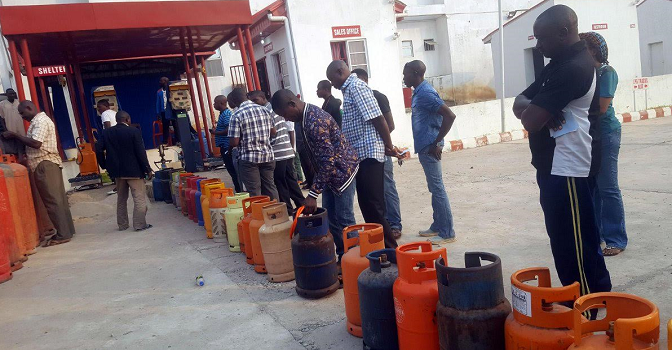
A noteworthy development in December 2023 was the exemption of LPG and its equipment from customs duty and VAT. Signed by the Minister of Finance and Coordinating Minister of the Economy, Wale Edun, this move was anticipated to lead to a reduction in the overall cost of cooking gas. However, the expected impact has not been fully realized, prompting the government to take further steps to address the situation.
On the issue of transitioning government vehicles to run on Compressed Natural Gas (CNG), Ekpo indicated that discussions were ongoing. The Presidential Initiative on CNG, set up before the ministers’ inauguration, aims to utilize Nigeria’s abundant gas reserves. The minister assured that progress was being made, and updates on the implementation of this initiative would be provided in due course.
Despite having over 208 trillion standard cubic feet of gas reserves, Nigeria has faced challenges in fully tapping into its gas resources. Factors such as insufficient investments, a shift from fossil fuels, and policy-related issues have contributed to the underutilization of this valuable resource. The government’s current efforts to engage stakeholders and address concerns demonstrate a commitment to unlocking the potential of Nigeria’s gas sector.
As part of broader efforts to enhance the performance and accountability of the Federal Government, internal stakeholders’ workshops have been organized. These events aim to gather feedback from industry operators and create actionable solutions to the challenges faced by the nation’s gas sector. The workshops also align with President Bola Tinubu’s agenda to leverage Nigeria’s gas resources for economic development and poverty eradication.
The Federal Government’s decision to halt the export of cooking gas represents a crucial step in addressing the escalating prices and meeting the growing demand domestically. Ongoing collaboration with stakeholders and international oil companies underscores the commitment to stabilizing and reducing cooking gas prices. As the government continues to explore solutions, it is imperative to keep a close eye on the implementation of measures to ensure tangible benefits for consumers and sustainable growth in the gas sector














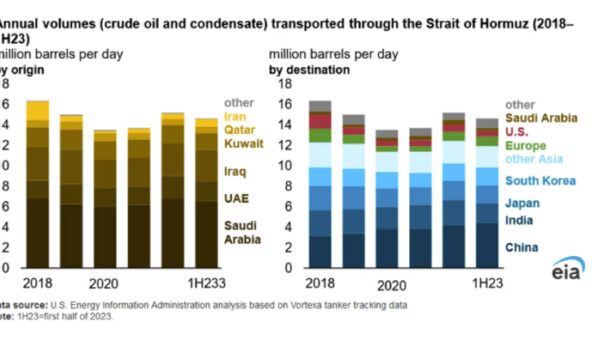
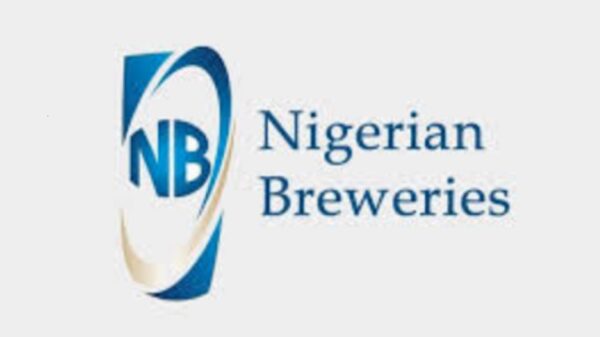




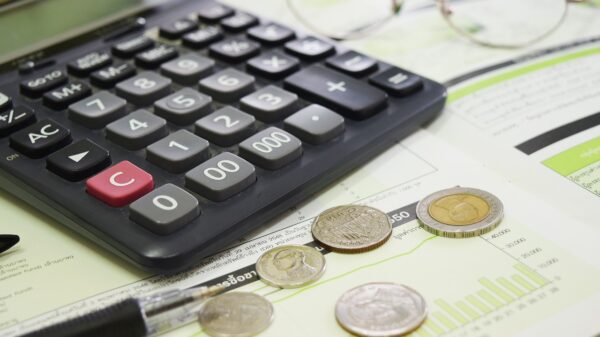
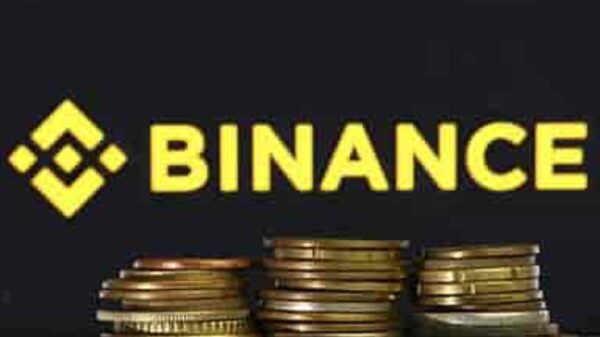





























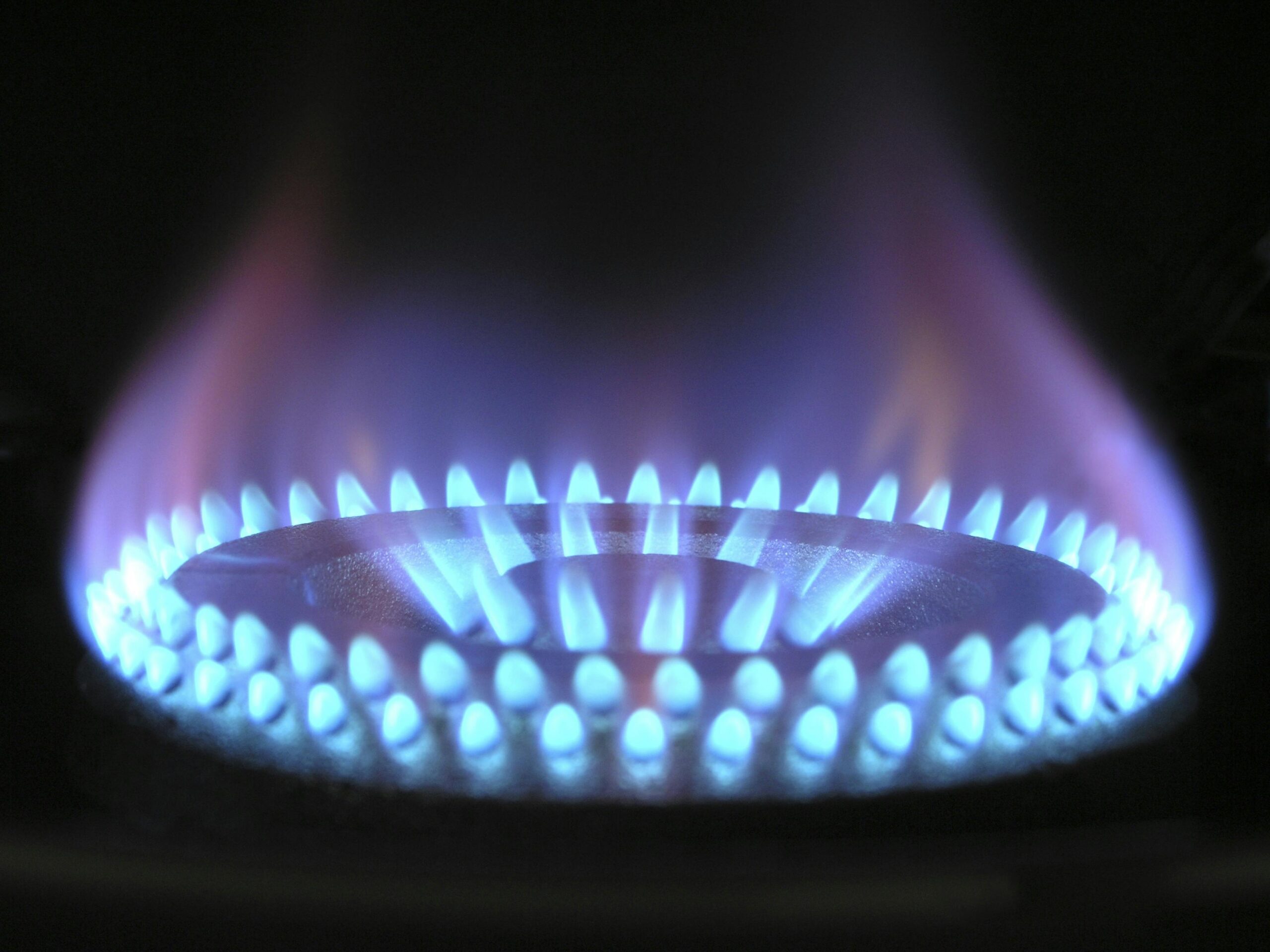




You must be logged in to post a comment Login